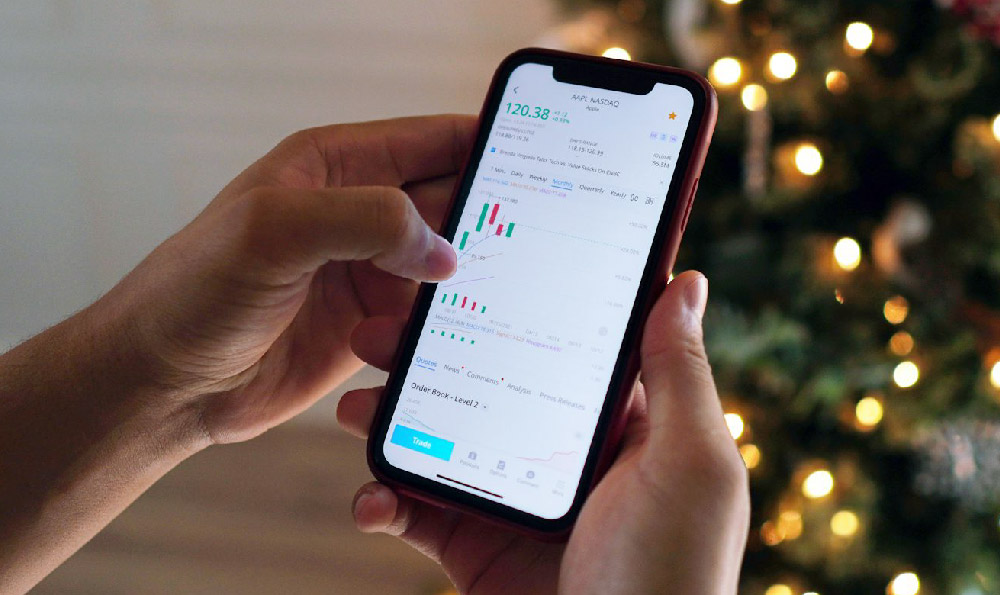
Costco Wholesale Corporation (COST) is a retail behemoth, and its stock often piques the interest of investors, both seasoned and novice. The allure stems from Costco's consistent performance, strong brand loyalty, and unique business model. However, deciding whether or not to invest, and how to do so responsibly, requires a thorough understanding of the company and the market.
Before diving into the specifics of Costco stock, it’s crucial to establish a solid investment foundation. Investing in any asset, including stocks, involves inherent risk. Your risk tolerance, financial goals, and investment timeline are paramount considerations. Are you saving for retirement decades away, or do you need liquidity in the near term? These answers will significantly influence your investment decisions. It's also wise to diversify your portfolio, meaning you shouldn't put all your eggs in one basket. Costco might be a solid company, but it shouldn't be the only stock you own. Consider spreading your investments across different sectors, asset classes (stocks, bonds, real estate), and geographic regions.
Now, let's examine Costco's business model. It operates primarily on a membership-based system. Customers pay an annual fee to gain access to discounted products. This membership model provides Costco with a recurring revenue stream, making its financials relatively predictable. Furthermore, Costco is known for its operational efficiency, buying in bulk and keeping overhead costs low. This allows them to offer competitive prices, which attracts and retains customers. The company also boasts a high membership renewal rate, a testament to its customer satisfaction and value proposition. These aspects contribute to Costco's consistent profitability and growth.

When considering Costco stock, analyzing its financial performance is essential. Examine key metrics such as revenue growth, earnings per share (EPS), price-to-earnings (P/E) ratio, and debt levels. Compare these metrics to those of its competitors and industry averages to get a better sense of Costco's relative valuation. A high P/E ratio might indicate that the stock is overvalued, while a low P/E ratio could suggest undervaluation (though this isn't always the case). Keep an eye on Costco's earnings reports and investor presentations for insights into the company's future plans and performance. Specifically, pay attention to membership growth, renewal rates, and same-store sales figures, as these are crucial indicators of Costco's ongoing success.
Technically analyzing the stock involves looking at price charts and using various indicators to identify potential entry and exit points. Common technical indicators include moving averages, relative strength index (RSI), and MACD (Moving Average Convergence Divergence). However, technical analysis is not foolproof and should be used in conjunction with fundamental analysis. Remember, past performance is not necessarily indicative of future results.
There are several ways to invest in Costco stock. You can buy individual shares through a brokerage account. You can also invest indirectly through exchange-traded funds (ETFs) that hold Costco as part of their portfolio. Investing in ETFs can provide diversification and reduce risk, especially for beginner investors. Before choosing a brokerage or ETF, research their fees, commissions, and investment options.
While Costco presents a compelling investment case, potential risks exist. Economic downturns could impact consumer spending, affecting Costco's sales. Increased competition from online retailers and other warehouse clubs could erode Costco's market share. Changes in consumer preferences and supply chain disruptions could also pose challenges. Moreover, any negative publicity or scandals could damage Costco's reputation and stock price.
One of the biggest mistakes new investors make is chasing hype or relying on emotions. Do not let fear of missing out (FOMO) drive your investment decisions. Investing should be based on careful research and analysis, not on gut feelings or unsubstantiated rumors. Be wary of online scams and fraudulent investment schemes. Always verify the credibility of any investment opportunity before putting your money into it. If something sounds too good to be true, it probably is.
Protecting your investments is crucial. Use strong passwords for your brokerage accounts and enable two-factor authentication. Regularly monitor your accounts for unauthorized activity. Be cautious about clicking on suspicious links or sharing personal information online. Consider using a reputable financial advisor to help you manage your investments and protect your assets.
So, is investing in Costco stock worth it? Ultimately, the answer depends on your individual circumstances and investment goals. Costco is a well-established company with a strong track record, but it's not a guaranteed path to riches. Thorough research, careful planning, and disciplined execution are essential for successful investing. Understand the risks involved, diversify your portfolio, and avoid emotional decision-making. If you approach investing with a long-term perspective and a sound strategy, Costco stock could potentially be a valuable addition to your portfolio. Remember to consult with a qualified financial advisor before making any investment decisions. They can help you assess your risk tolerance, develop a personalized investment plan, and provide ongoing guidance to help you achieve your financial goals.





